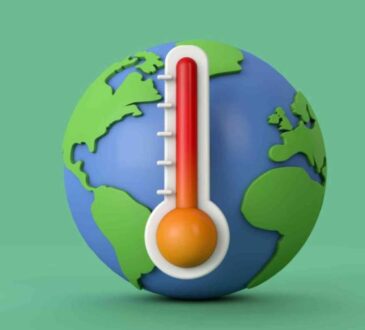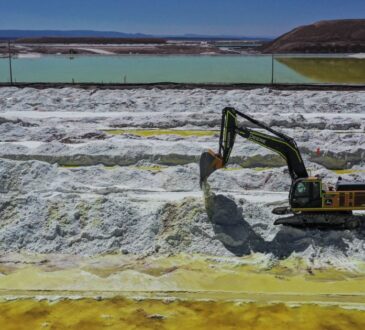Is it another Groundhog Day for climate action?
Ahead of another UN climate conference, Juan Pablo Solis, senior advisor for climate and environment, Fairtrade International urges governments for concrete action… but time is running out
In the 1993 comedy film Groundhog Day, Bill Murray plays Phil Connors, a misanthropic and cynical Pennsylvania weatherman condemned to reliving February 2nd repeatedly until his ethical compass is fully corrected. The film is a comedy driven by the preposterous. But it is also a warning about the dangers of stasis – of how inaction can grind the mechanisms of life to a complete and utter halt.
In much the same spirit, the world approaches the upcoming 2022 United Nations Climate Change Conference, or COP27, with a sense of déjà vu. While the setting has once again changed – this year, member states, climate activists and civil society actors will descend on the Egyptian resort town of Sharm El Sheikh – the purpose of the gathering has not: inching forward to a climate resolution that maintains global temperatures below the 1.5°C threshold. Each year the mission remains the same, each year the urgency increases.
For Fairtrade and the Fair Trade movement, COP27 will also be another day in Groundhog land. Following on the heels of our engagement at COP26 last year in Glasgow, Scotland, the Fair Trade movement finds itself once again reiterating the pressing need to reform our global trade system while facilitating the delivery of critical financial support to the world’s smallholder farmers and agricultural workers reeling from the global climate crisis.
That is because, from production to consumption, international trade today remains one of the leading contributors to climate change. Above all, it operates unfairly, distributing the impacts of climate change upon those most vulnerable to and least responsible for our climate status quo.
That is right – smallholder farmers, small and medium enterprises (SMEs), and workers in low-income countries where fair trade goods are produced, contribute the least to greenhouse gas emissions yet they suffer the most from the frequently catastrophic impacts of climate change.
But this is not the future we want, and it is not the future we are working for. That is why at COP27 we are once again sounding the call on behalf of more than two million farmers across more than 70 countries urging member states and their leaders to finally take action. We are calling on wealthy countries to deliver on the $100 billion in climate aid promised by the end of 2022 and develop critical strategies to help vulnerable communities overcome loss and damage sustained from climate change. Of that $100 billion in climate finance, less than two per cent is currently making its way to small scale farmers. That is unacceptable.
But we will not stop there. We know that the impacts of the climate crisis are already being felt by local communities in low-income countries through unprecedented heatwaves, calamitous droughts, intensified hurricanes, and destructive downpours. We will remind global leaders that trade policy must enable vulnerable communities to invest in crucial adaptation and mitigation techniques while also working in support of development outcomes, regional integration, and greater market access.
Finally, we will also urge the introduction of robust measures to penalise companies that do not comply with climate regulations and ensure that smallholder farmers, SMEs, and workers are financially supported with the cost of complying with due diligence measures. They cannot be left alone to shoulder the costs of a climate crisis they did not cause. Binding legal framework conditions must be designed and enforced in such a way that they promote a sustainable approach to doing business, prevent unfair competition, stop the exploitation of communities and nature, and guarantee that those affected have their rights protected and receive access to legal remedy.
It is unfair to push the cost of our climate crisis onto the shoulders of the planet’s most vulnerable communities. Therefore, the global Fair Trade movement is calling for the enforcement of public climate commitments and for trade actors to be accountable for their climate promises.
On 6 November, Fairtrade and the Fair Trade movement will touchdown in Sharm El Sheikh with a mission to break the cycle of stasis and extract key climate results for the world’s smallholder farmers and agricultural workers. Only through concerted action from the planet’s wealthiest nations will we be able to break the Groundhog Day cycle and finally address the existential climate challenges of the most vulnerable among us. We must act together, and we must act now because there can be no climate justice without trade justice.




